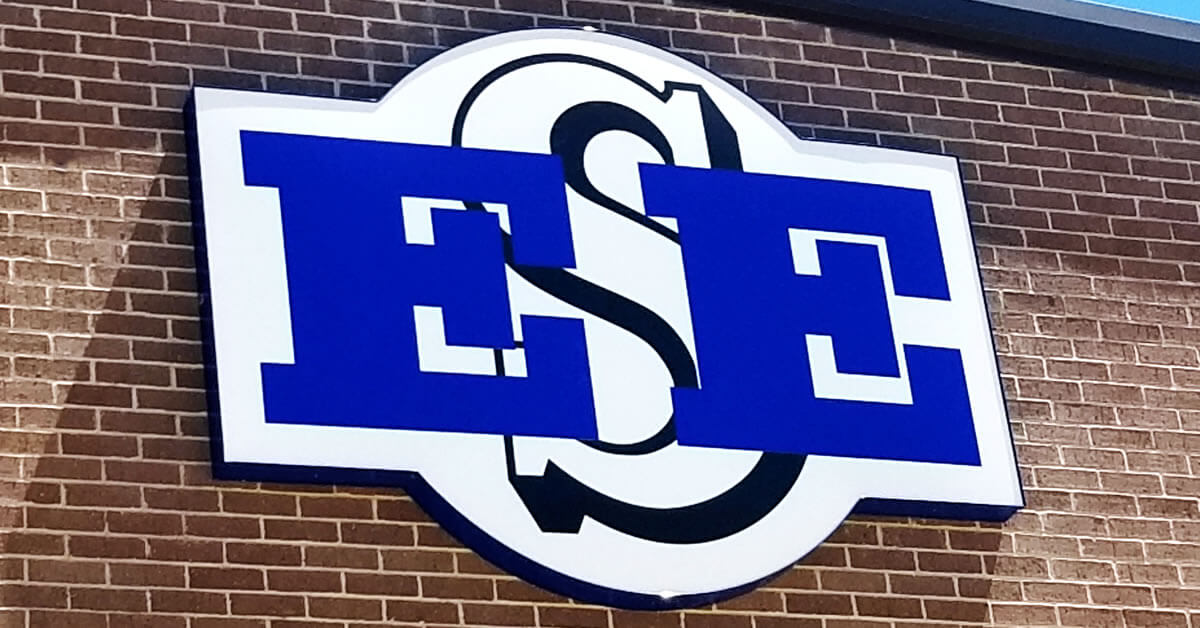My lathe is a 3 phase machine, as are my pedestal grinder and surface grinder. I had originally planned to run them off of a 6HP rotary transformer, but then things changed.
I found a deal on a rotary screw compressor that I couldn't pass up, also 3 phase. However, it's a 25HP unit. So I found a 30HP rotary phase converter and we're off to the races.
I'm not an electrician, but I've played one on TV, so I feel pretty good about most of the install. I consulted a commercial electrician on the things I wasn't certain on because A) I don't want to burn my shop down and B) I don't want to cook myself like a hot dog.
I felt I'd document the install here in case anyone was interested for their own setup, or if there's anyone who sees a big no-no and has some advice along the way.

I found a deal on a rotary screw compressor that I couldn't pass up, also 3 phase. However, it's a 25HP unit. So I found a 30HP rotary phase converter and we're off to the races.
I'm not an electrician, but I've played one on TV, so I feel pretty good about most of the install. I consulted a commercial electrician on the things I wasn't certain on because A) I don't want to burn my shop down and B) I don't want to cook myself like a hot dog.
I felt I'd document the install here in case anyone was interested for their own setup, or if there's anyone who sees a big no-no and has some advice along the way.




















